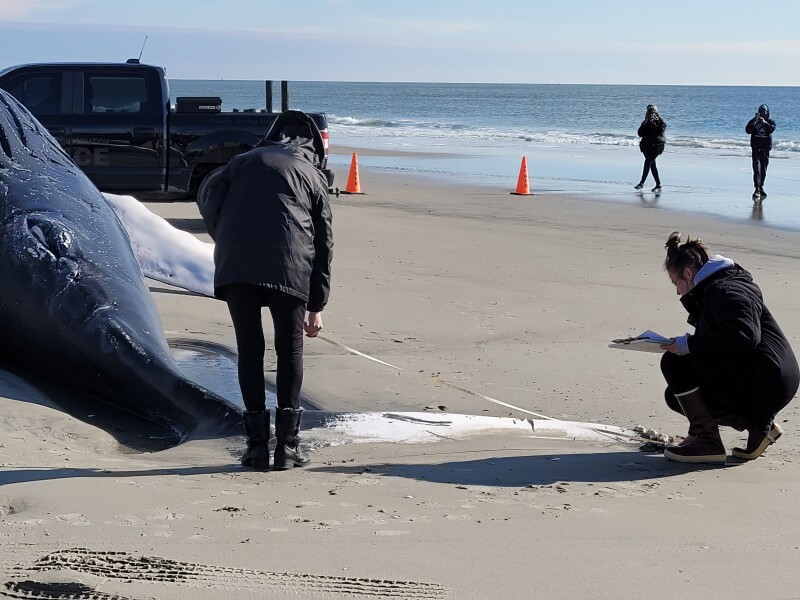
1. Navigating the Future: New Jersey’s Quest to Harmonize Offshore Wind and Whale Conservation
New Jersey, USA: New Jersey is stepping up its commitment to renewable energy and marine conservation with a new initiative to understand offshore wind farms’ impacts on whale populations. With fresh funding, researchers are set to embark on a comprehensive study, employing advanced technologies to monitor and mitigate any potential adverse effects on these majestic marine mammals.
This proactive approach underscores New Jersey’s dedication to harnessing the wind’s power to meet its energy needs and ensure the protection and preservation of its marine biodiversity. As the state navigates the complexities of sustainable development, this initiative represents a critical step toward balancing renewable energy expansion and environmental stewardship.
Thank you for your generous gift that will help us continue the production of this weekly, free publication
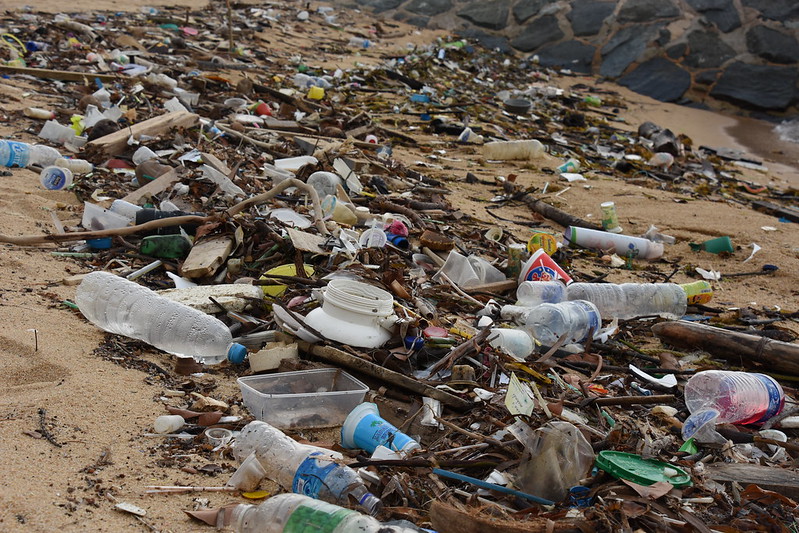
2. The UN Global Plastics Treaty: Why Is It Needed?
Because plastic production and pollution are transnational and plastic’s harms fall disproportionately on the world’s poorest nations, the UN Environment Assembly has resolved to develop a legally binding Global Plastics Treaty. The unique potential of a global treaty lies in holding all countries to a high common standard, incentivizing national actions, and creating a clear path toward a future free from plastic pollution. Join us to discuss the need and rationale for the Global Plastics Treaty on April 8, 2024, from 9-10 AM US Eastern. Online Only, Registration Required!
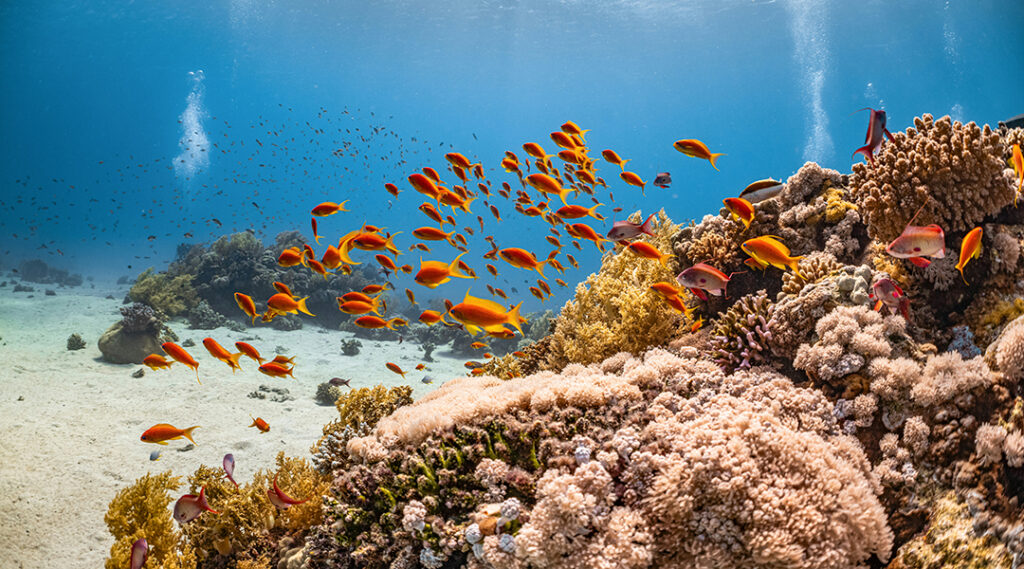
3. Network of Coral Reefs in Seychelles Offer Conservation Hope
Seychelles Islands — A collaborative team of scientists and conservationists participated in a study conducted in the Seychelles, an archipelago located in the Indian Ocean off the East African coast. Warming oceans driven by greenhouse gases are causing coral bleaching worldwide, in which healthy, vibrant reefs transform into lifeless coral graveyards with devastating effects on marine life.
Since 1950, over half of the world’s corals have been lost, igniting a race against time to save these vital organisms. Efforts on local scales, such as restoring and reseeding coral populations, are underway. As coral larvae typically disperse in ocean currents before settling down and adding to or growing into new colonies, reseeding endeavors require a deep understanding of larvae flow between coral reefs — a concept known as connectivity.
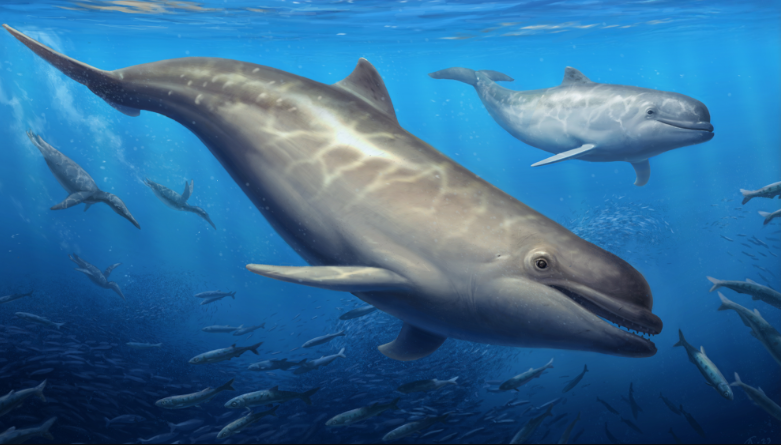
4. Management and Research Efforts Are Failing Dolphins, Porpoises, and Other Toothed Whales
Despite being subject to intensive research and public interest, many populations of dolphins, porpoises, and other toothed whales (small cetaceans) continue to decline, and several species are on the verge of extinction. Small cetaceans are among the lower-hanging fruits of marine conservation; continued failure to halt their decline bodes poorly for tackling marine biodiversity loss and avoiding an Anthropocene mass extinction.
Fisheries and coastal habitat degradation are the main predictors of extinction risk, and it is estimated that 22% of small cetaceans are threatened with extinction, with little signs of improvement in nearly thirty years. The low relative importance of fisheries management suggests that countries with high governance strength fail to improve the conservation of small cetacean species in their waters. Perhaps not surprisingly, the strongest extinction risk predictors were traits mediating species’ exposure to human impacts.
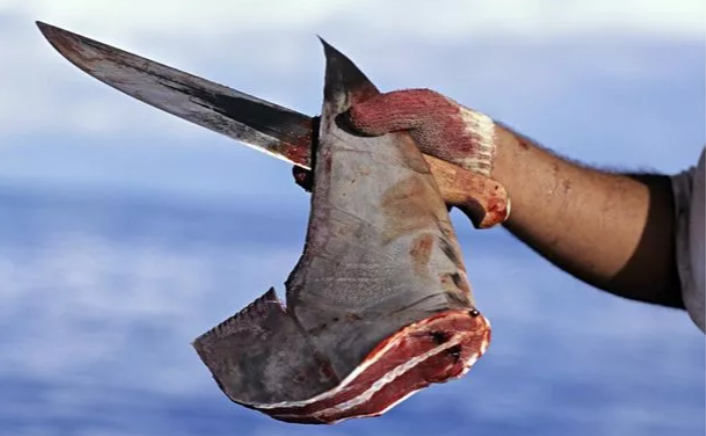
5. Indirect Impact of Shark Finning on Coral Reefs: Sustainability Report Published or The Ecological Importance of Sharks!
Sharks have been unjustly vilified, perpetuating baseless fears in the public’s mind. Contrary to the exaggerated portrayals, sharks rarely attack humans, and their significance in marine ecosystems is unparalleled. Sharks serve as apex predators, crucial for maintaining the delicate balance of marine ecosystems. Their presence regulates the populations of other species, preventing imbalances and preserving biodiversity.
By controlling prey populations, such as seals and rays, sharks contribute to the health and diversity of marine habitats. The time has come for decisive action against the consumption of shark fins. We must utilize the power of strict laws and regulations to ban any dish or practice that involves shark fin consumption. We must revolt against the gastronomic marvelisation of this cruel and unsustainable industry. When the eating stops, the barbarity of shark hunting ends.
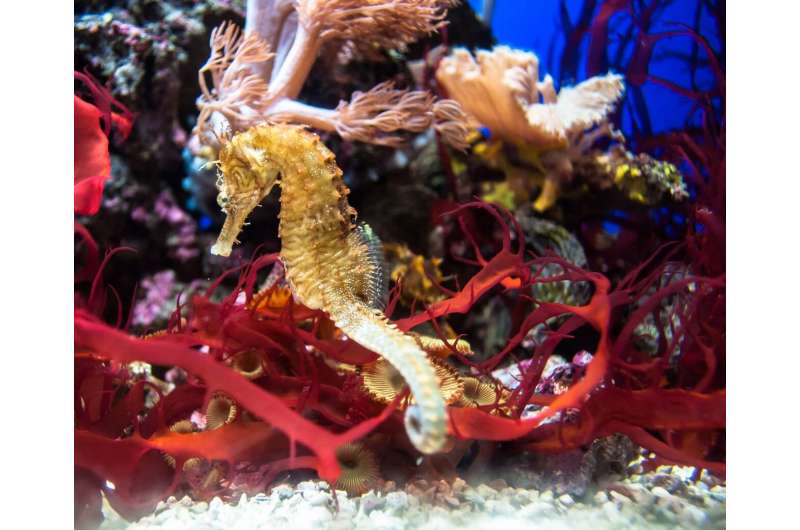
6. Citizen Scientists Contribute Vital Information About 35 Seahorse Species
Researchers from Project Seahorse—a marine conservation team based at the University of British Columbia (UBC) and the Zoological Society of London (ZSL)—identified and reviewed new findings related to 35 of the 46 seahorse species worldwide. Citizen scientists posted them all using the team’s iSeahorse program, which is part of the iNaturalist family.
The seahorse program allows the community or citizen scientists—members of the public and non-professional or amateur researchers—to provide information about their sightings of seahorses in the wild. Posting on the website, they provide information about which species of seahorse they saw, when and where they saw them, their habitat, and their depth. They are also asked to provide photographic evidence if they are able. This study has demonstrated the value of community science in advancing seahorse knowledge by helping bridge gaps.
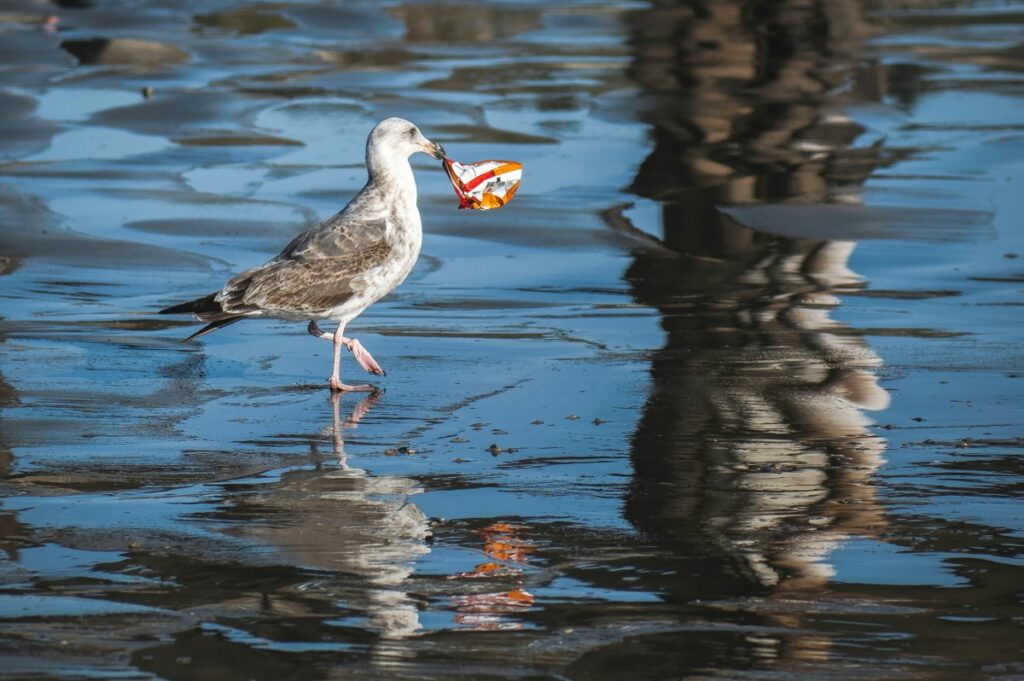
7. A Future Plastics Treaty Needs a Specific Article on Biodiversity: Iucn’s Proposal
GENEVA, Switzerland — Marine and terrestrial species ingest plastics yearly, leading to their deaths. Soils, air, glaciers, rivers, and the ocean are polluted with micro- and macro-plastics. Plastic pollution touches every ecosystem, contributes to climate change, and presents humanity with a challenge that can only be met with a concerted effort towards an effective global plastics treaty.
IUCN and the IUCN World Commission on Environmental Law (WCEL) presented at a webinar on 26 March 2024 at the Geneva Environment Network a proposal for a specific article on “Biodiversity Aspects” in the future Plastics Treaty, putting forward IUCN’s key expertise within a new global environmental treaty. Focusing on the connections between plastic pollution, biodiversity loss, and the degradation of ecosystems at all levels is essential when directing efforts toward effective solutions to planetary crises of climate change, pollution, and biodiversity loss.
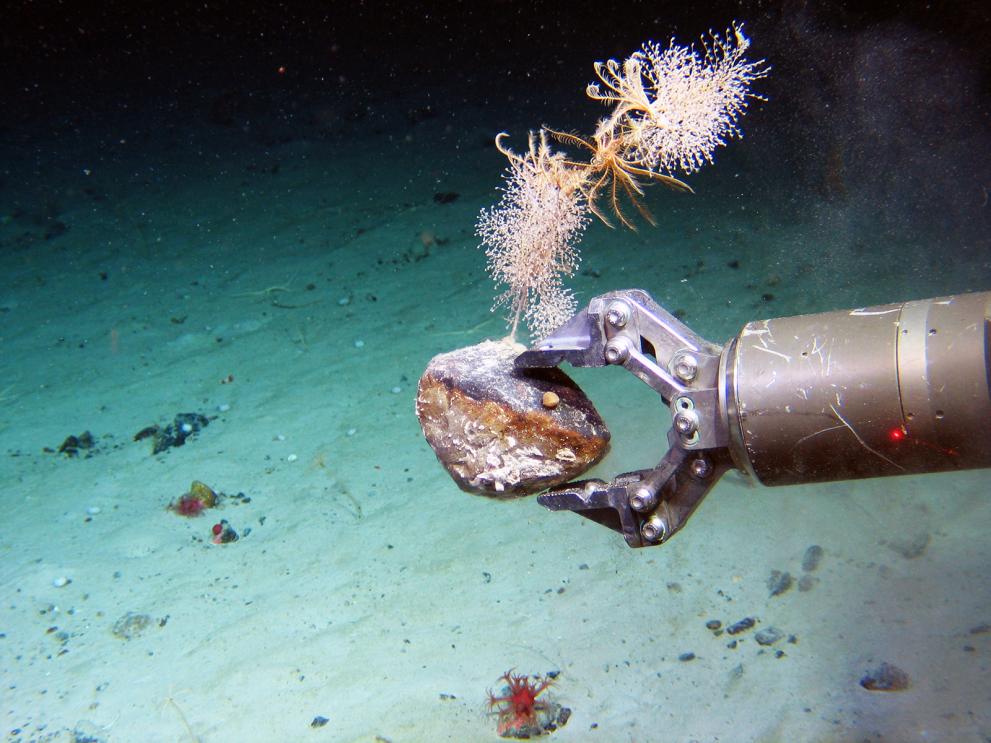
8. Groundbreaking Discovery of Deep-Sea Black Corals off the Coast of Ireland
Ireland: During the deep-sea expedition off the west coast of Ireland, researchers assessed sensitive ecosystems using a remotely operated vehicle, but no one expected them to make groundbreaking discoveries. Using advanced technology, the team unveiled rich biodiversity, uncovered rare deep-sea black corals, and even identified a shark nursery. Supported by the European Maritime and Fisheries Fund, the project contributed to conservation efforts and helped Ireland fulfill its national obligation to map vulnerable fisheries resources.
The SeaRover’s project discoveries have been shared and used in educational materials, fostering a greater understanding of Ireland’s marine biodiversity. The project has also provided invaluable training opportunities for young scientists, ensuring the continuity of ocean exploration, conservation efforts, and discoveries for years to come.
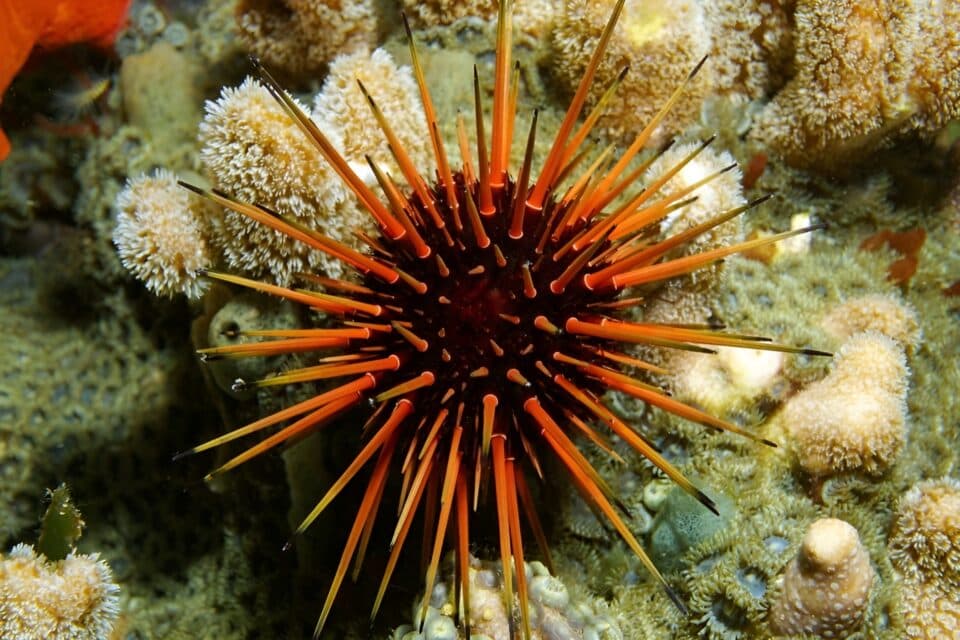
9. Devastating Disease That Wipes out Entire Sea Urchin Populations
University of South Florida researchers have made a concerning discovery: a microscopic parasite responsible for recent catastrophic die-offs of sea urchins in the Caribbean has now appeared in the Sea of Oman on the opposite side of the world. The threat to sea urchins is surprisingly tiny: a single-celled pathogen called a ciliate. These microscopic parasites cause devastating diseases that wipe out entire sea urchin populations.
How exactly did the parasite travel halfway across the world to harm sea urchins? Scientists are investigating possibilities— international shipping, contaminated dive gear, or the aquarium trade are all suspects. One thing is sure: the species of sea urchin currently under attack is widespread, inhabiting reefs from the Mediterranean to Japan. Sea urchins are an essential line of defense for coral reefs. They munch on algae, ensuring corals have the space and resources to thrive.
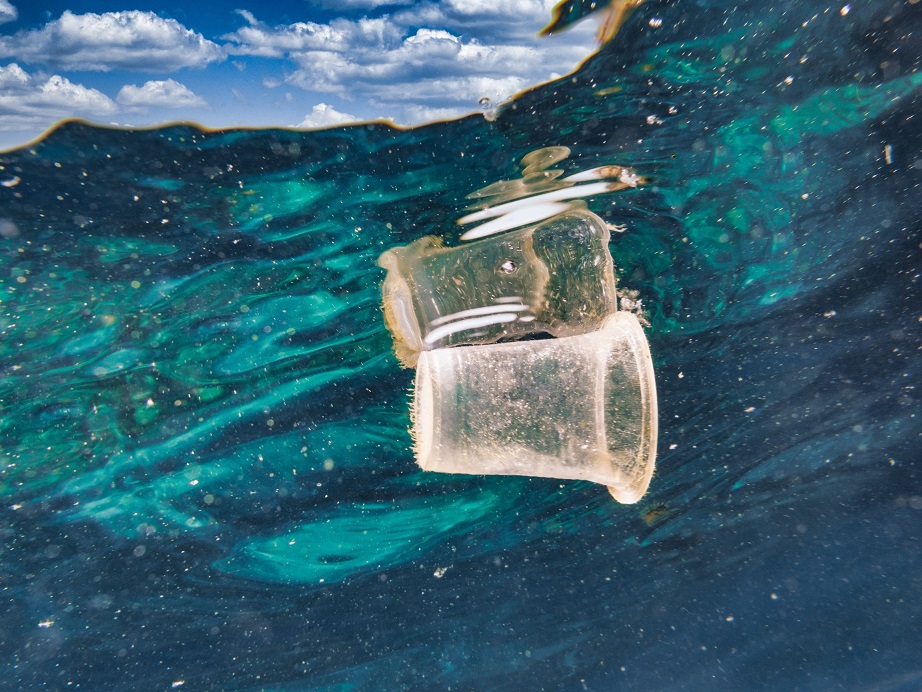
10. Beyond the Ban: Hong Kong’s Journey Towards Sustainable Consumption
Hong Kong: Hong Kong’s recent plastic ban is beginning a broader movement towards sustainable consumption practices. This opinion piece argues for a shift in focus from single-use plastics to embracing reusables as a way of life. By highlighting the limitations of simply banning disposable items, the author calls for a cultural change prioritizing sustainability and environmental responsibility.
Through policy measures, public awareness campaigns, and community engagement, Hong Kong aims to lead by example in the global fight against plastic pollution. This approach addresses the immediate environmental impact of disposables and fosters a more profound societal commitment to preserving our planet for future generations.
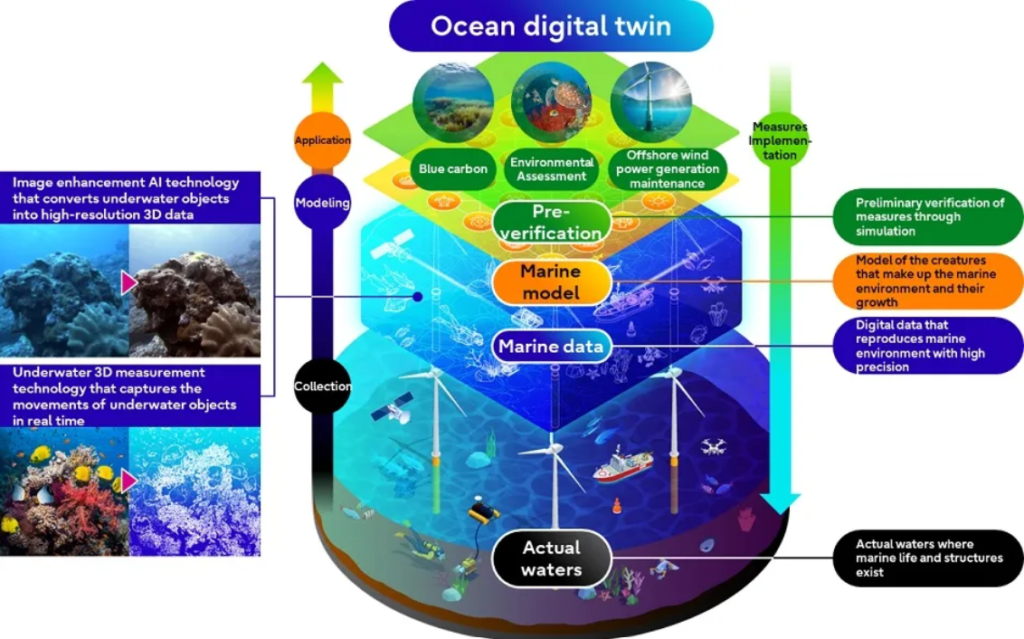
11. A New Era in Carbon Trading: Innovations and Challenges Ahead
The latest developments in the carbon trading market signal a pivotal shift towards more transparent, efficient, and scalable mechanisms to combat climate change. As governments and businesses worldwide intensify their efforts to reduce carbon emissions, the demand for carbon credits is surging, driving innovation in the sector.
This article delves into the complexities of the carbon market, examining the challenges and opportunities ahead. From technological advancements to regulatory hurdles, it provides a comprehensive overview of the current state of carbon trading, offering insights into its potential to facilitate global efforts in achieving carbon neutrality.
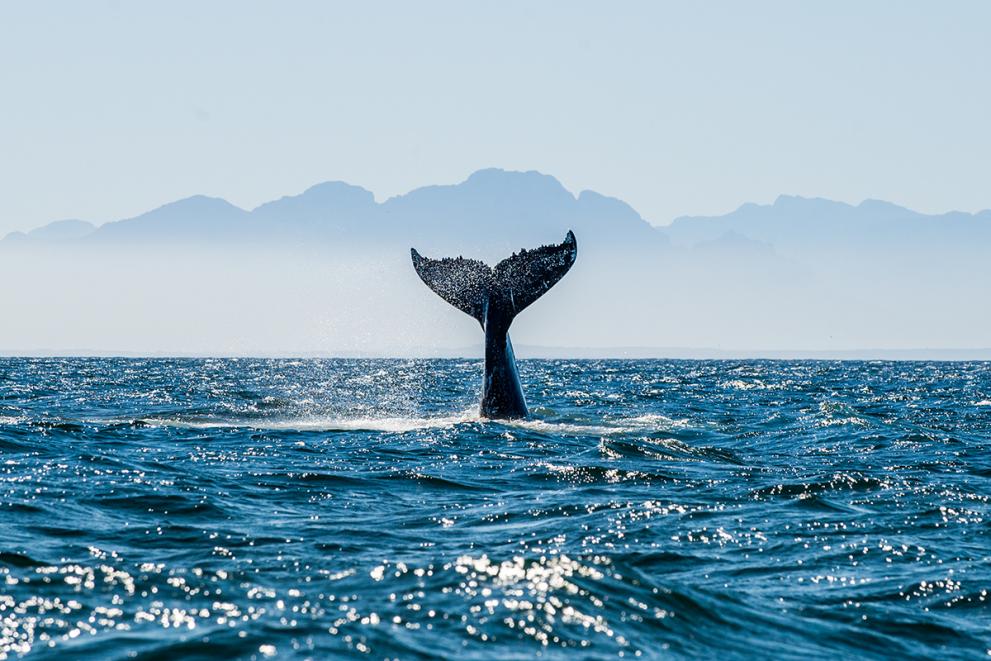
12. Charting a New Course: The High Seas Treaty and the Future of Ocean Conservation
The recent adoption of the High Seas Treaty marks a historic milestone in international efforts to safeguard the world’s oceans. This landmark agreement, hailed as a significant achievement for ocean conservation, establishes a framework for protecting marine biodiversity in areas beyond national jurisdiction.
By facilitating the creation of marine protected areas, regulating fishing activities, and ensuring the sustainable use of ocean resources, the treaty paves the way for a more coordinated and comprehensive approach to ocean governance. As nations around the globe rally behind this initiative, the High Seas Treaty represents a beacon of hope for the preservation of our planet’s most vital and vulnerable Ecosystems.
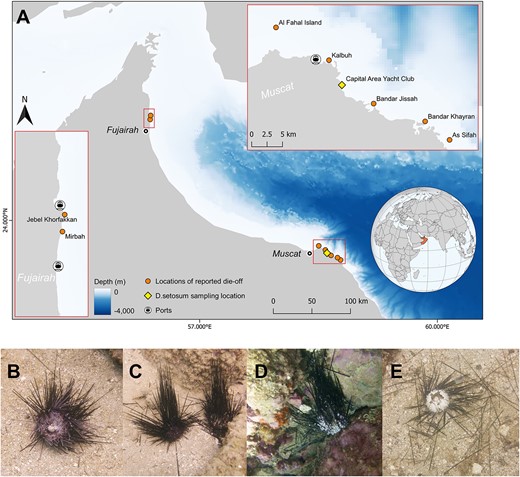
13. Unveiling the Microbial Mysteries of the Deep Sea
A groundbreaking study published in the ISME Journal has shed light on the complex microbial communities thriving in the deep sea, revealing their crucial role in Earth’s carbon cycle. Researchers have discovered that these microscopic inhabitants of the ocean depths possess unique metabolic capabilities, enabling them to convert carbon dioxide into biomass, thus significantly mitigating climate change.
This research not only expands our understanding of the biodiversity of the deep sea but also highlights the importance of microbial life in maintaining the health of our planet. By exploring these unseen ecosystems, scientists are unlocking the secrets of the Earth’s natural processes, offering new perspectives on sustainability and environmental protection.
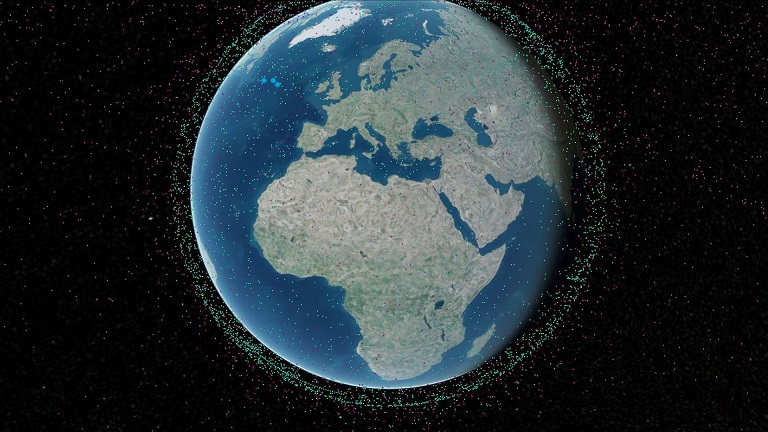
14. Revolutionizing Sustainability: The Power of Satellite Data and AI
Will Marshall, CEO and co-founder of Planet Labs, is at the forefront of a technological revolution, leveraging satellite data combined with artificial intelligence (AI) to address critical sustainability challenges. By deploying a constellation of satellites, Planet Labs captures comprehensive, near-real-time images of Earth, offering unprecedented insights into environmental changes, agricultural productivity, and urban development.
This innovative approach enhances our understanding of the planet’s dynamics and empowers policymakers, researchers, and businesses to make informed decisions toward sustainable development. Marshall’s vision extends beyond mere observation, aiming to catalyze actionable change in combating climate change and preserving Earth’s natural resources for future generations.




